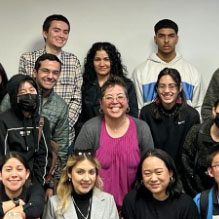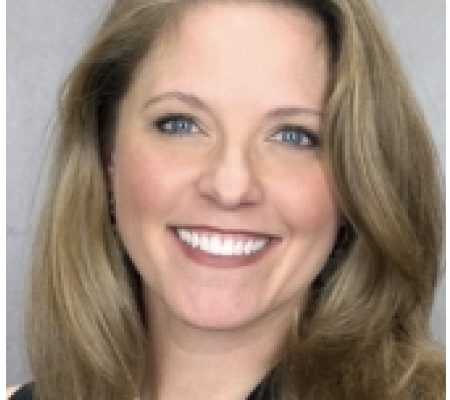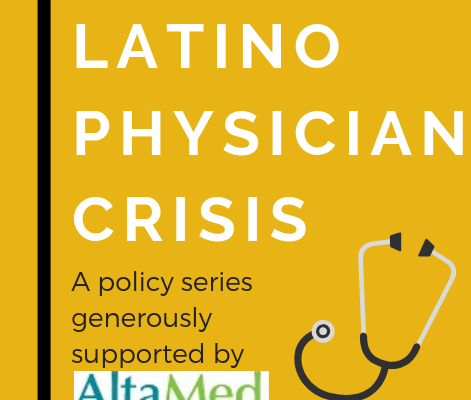Posts

UCLA Labor Center Career Pathways for Students
UCLA Labor Center partners with California Labor Commissioner’s…

LA Social Science 2021 Summer Course Previews: Careers in Communication with Professor Johnson
As summer 2021 approaches, LA Social Science will be highlighting…

UCLA LPPI Study Identifies Barriers Latino Students Face When Pursuing a Medical Career in California
UCLA Latino Policy and Politics Initiative study finds…

